Have you ever wondered what happens after we die, chemically speaking? Death is a sensitive subject, but learning about the processes behind body decomposition is increasingly important for forensics and criminal justice. From volatile organic chemicals to the succession of microbes in the gut, there are a number of clues the body can give us once deceased to help find the cause of, and time since, death. The valuable insights from forensic chemistry can determine whether justice is served.
Why attend this webinar?
In this hour-long, interactive webinar – originally broadcast on 22 July 2025 – you will hear from two researchers working in forensic taphonomy. Noemi Procopio focuses on microbial communities post-mortem. Her research applies omics sciences – including proteomics, metabolomics, microbiomics – to forensic investigations, with the aim of improving post-mortem interval determination and age-at-death estimation. Shari Forbes investigates the chemical processes that occur in soft tissue decomposition. Her current research looks at how detection dogs use decomposition odour to locate remains, identifying an accurate chemical profile of decomposition odour using multidimensional chromatography.
This webinar appeals to a wide audience, from organic chemists to those using similar analytical procedures in their labs, and for those simply interested in the inner workings of the forensic field.
Meet our forensic taphonomy experts
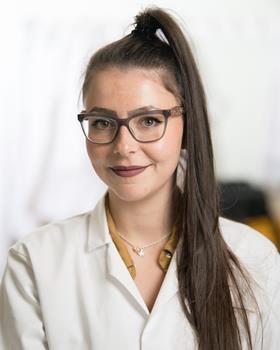
Noemi Procopio

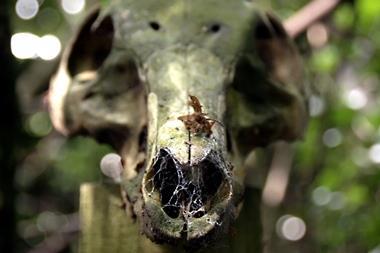





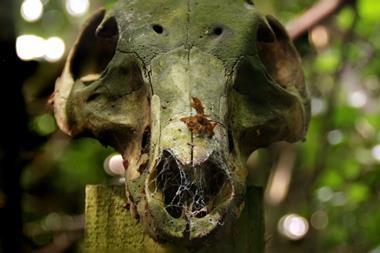



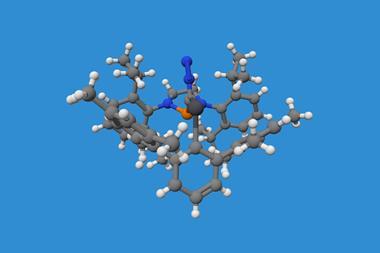
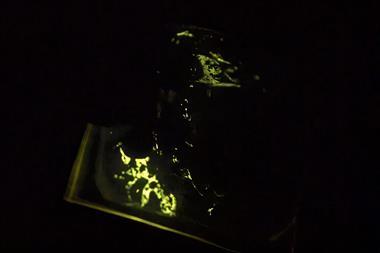





No comments yet